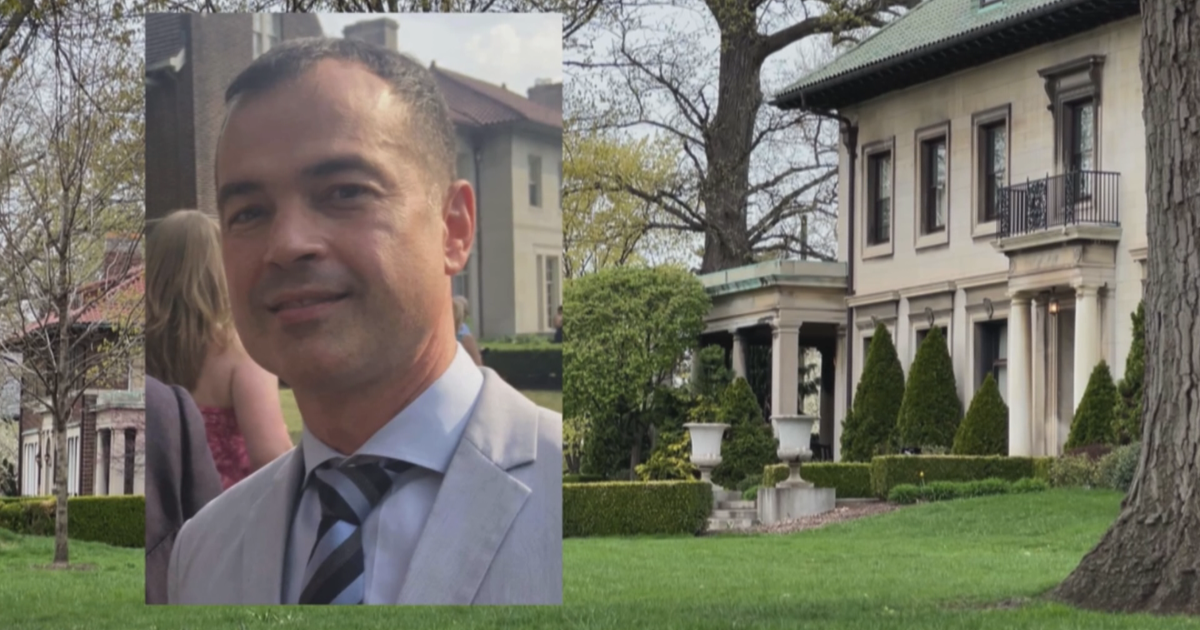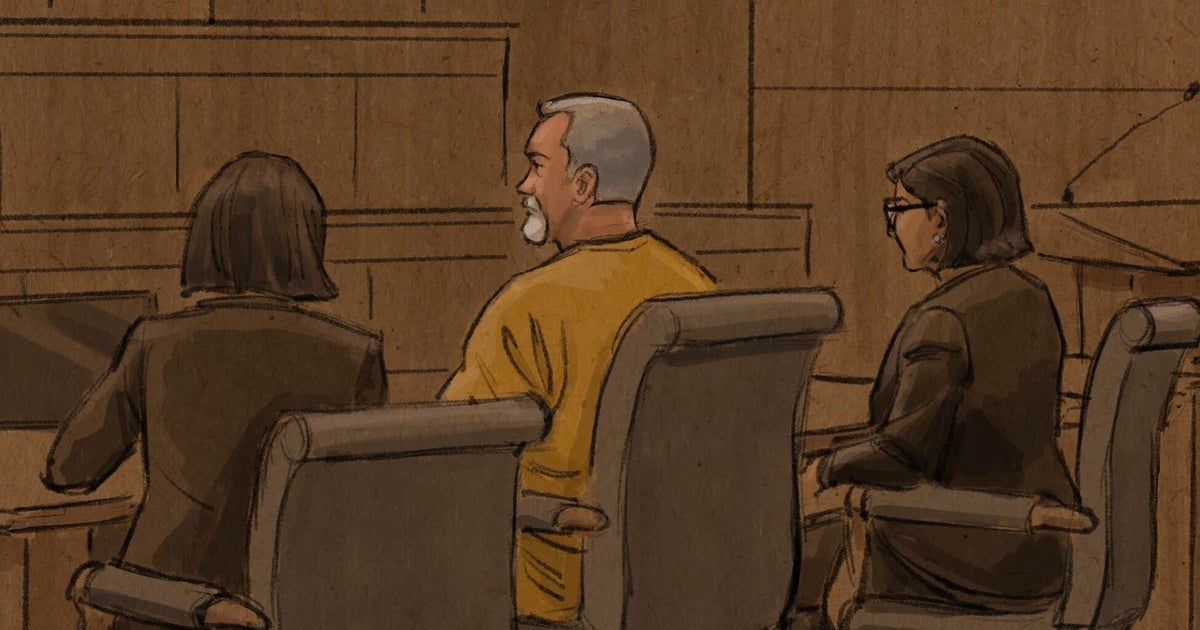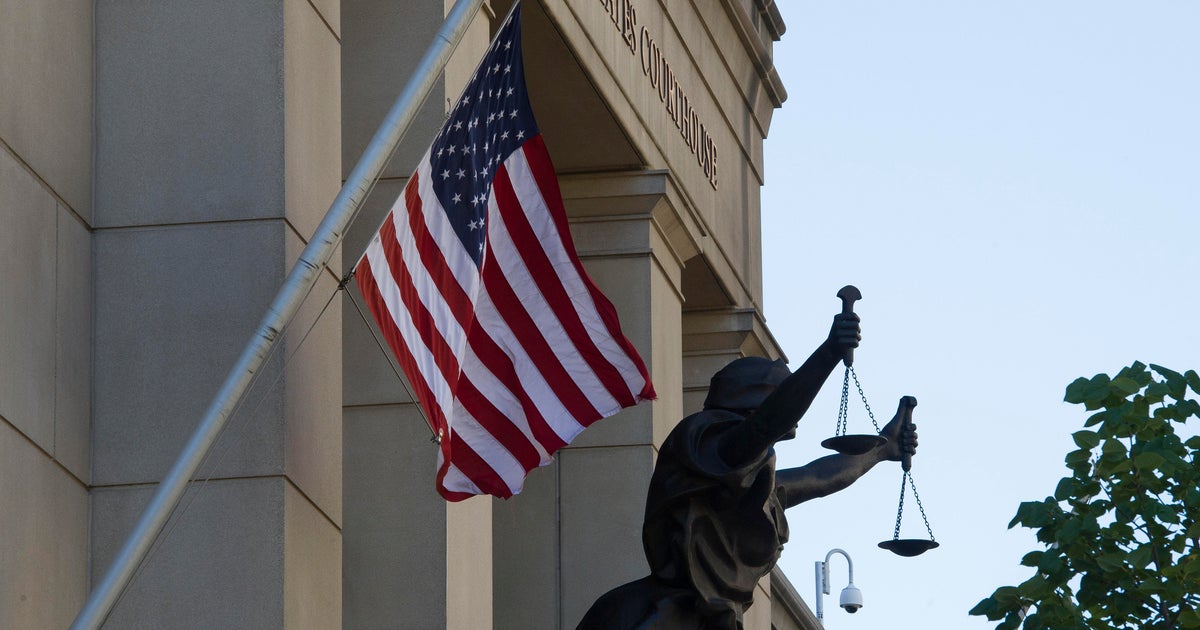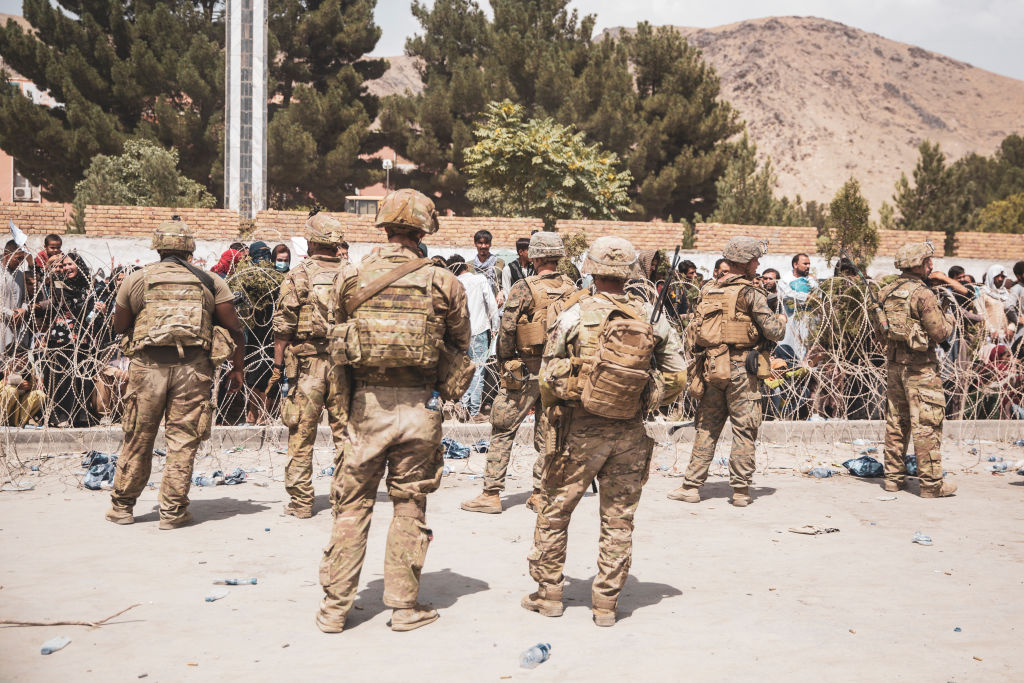Early release of "American Taliban" John Walker Lindh slammed by daughter of slain CIA officer
John Walker Lindh, the man who was captured with Taliban fighters in Afghanistan after the 9/11 attacks and is often called the "American Taliban," walked free from a federal prison Thursday morning after serving 17 years of a 20-year sentence. Many think he should not be released because they say he still supports radical Islamic terrorism.
When Lindh was captured in Afghanistan in 2001, he told U.S. forces why he decided to join the Taliban, saying, "my heart became attached to them."
Lindh was interrogated by CIA officer Johnny "Mike" Spann, who was killed shortly thereafter in a prison uprising. Lindh was brought back to the U.S. to face charges of conspiring to kill Spann but in a plea bargain he only admitted to illegally supporting the Taliban.
Alison Spann was still a child when her father was killed. Now a CBS affiliate anchor in Biloxi, Mississippi, she sent a letter to President Trump asking him to stop Lindh's release.
"We still feel that he is radicalized and that releasing him into our public is a danger to everybody," Alison said. "I wanted the world to know, hey, Mike Spann isn't just the first American killed in Afghanistan. This is Mike Spann. He has a family who loves him and misses and we're fighting for him."
In 2002, Lindh told a federal judge he made a mistake joining the Taliban and said he never supported terrorism. In a 2007 interview with CBS News, Lindh's father defended his son, saying, "We know he's not anti-American. We know he doesn't have any sympathy for terrorism."
But intelligence reports from 2017 say Lindh "continued to advocate for global jihad" while in prison. There is bipartisan concern about Lindh's early release. He is among the first of more than 100 terrorist offenders set to be let go in the next five years. Republican Sen. Richard Shelby and Democratic Sen. Maggie Hassan sent a joint letter to the Bureau of Prisons questioning whether enough is being done to protect the American public.
"We need to make sure that when people are released we've done a threat assessment so that we can plan their release accordingly and we need to make sure that there's coordination with state and local officials," Hassan said.
Lindh will be on supervised release over the next three years. One expert we spoke with says he's facing one of the most restrictive probations he's seen. His passport is revoked and he'll need special permission to use the internet. If he does go online, he can only communicate in English and the device will be continuously monitored. He will also undergo mental health counseling.



